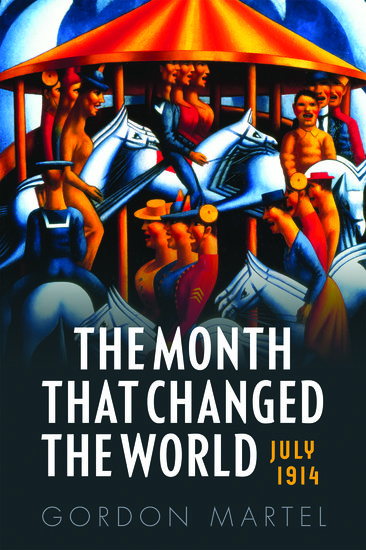Political map of Who’s Who in World War I [infographic]
Over the last few weeks, historian Gordon Martel, author of The Month That Changed The World: July 1914, has been blogging regularly for us, giving a week-by-week and day-by-day account of the events leading up to the First World War. July 1914 was the month that changed the world, but who were the people that contributed to that change?

